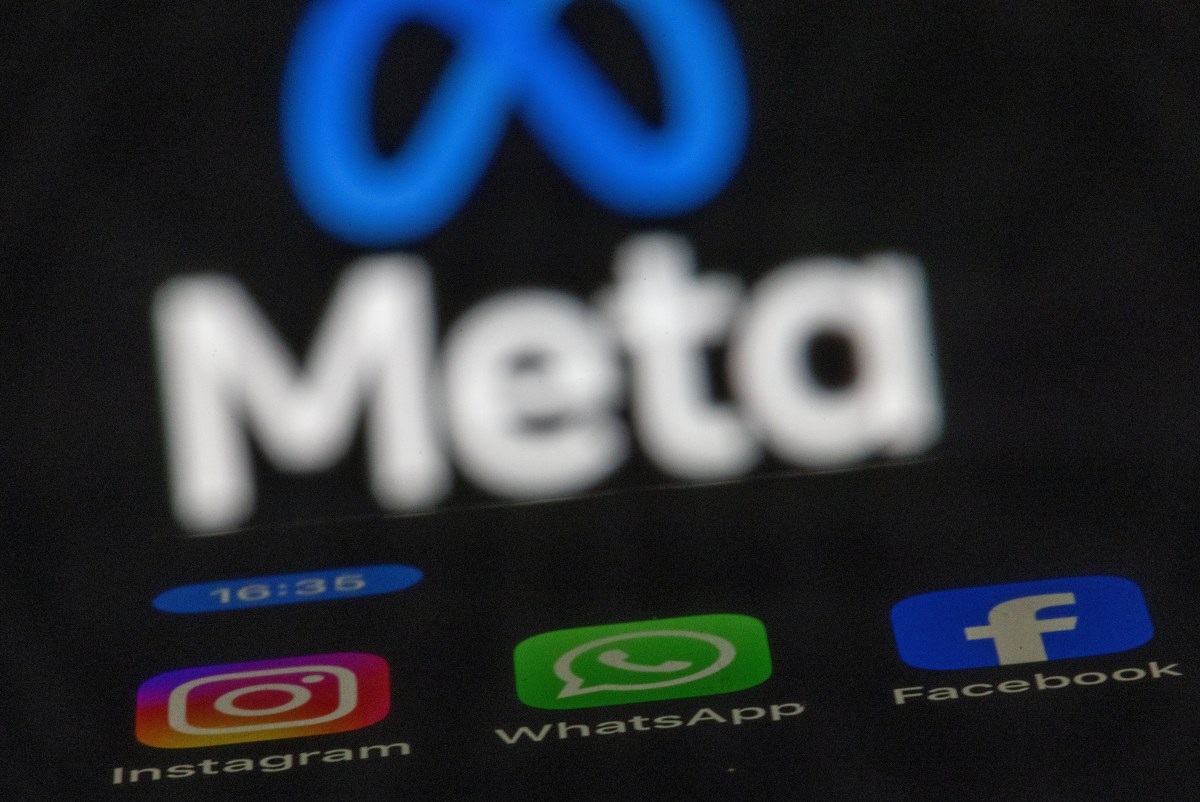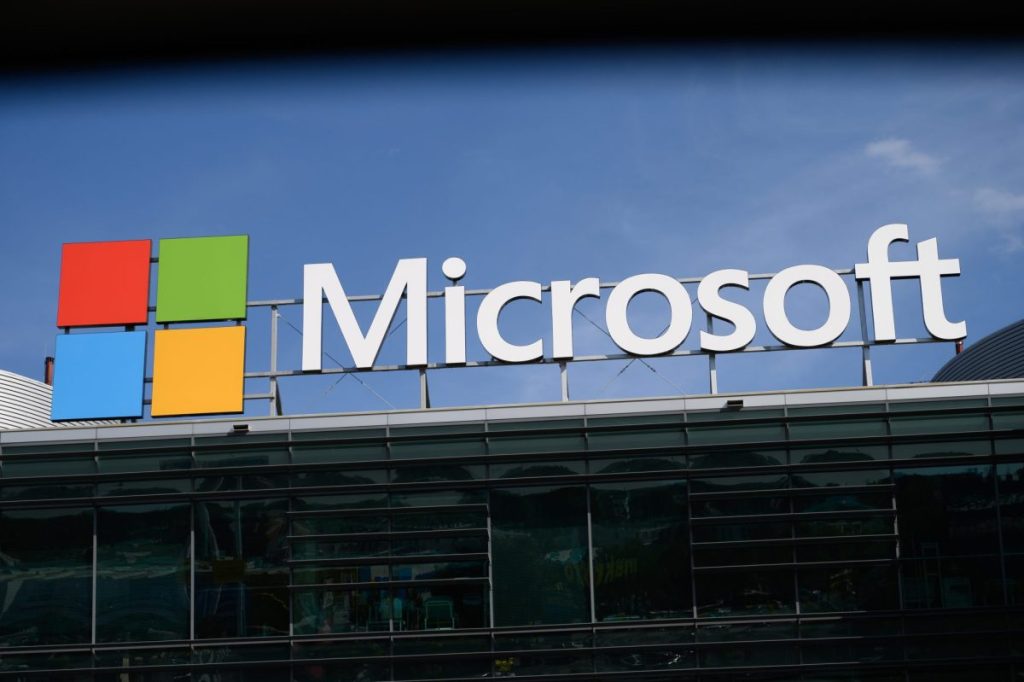Meta’s U.S. fact-checking program will officially end this week, marking a pivotal shift in the company’s approach to content moderation. The decision, confirmed by global affairs executive Joel Kaplan, follows earlier announcements in January that outlined plans to reduce oversight of misinformation and align policies with free speech principles. This move coincides with broader changes to Meta’s community guidelines, including relaxed rules around discussions of gender identity, immigration, and other politically charged topics.
The timing of these policy adjustments has drawn scrutiny, as they align with recent political developments. Meta CEO Mark Zuckerberg attended the inauguration of former President Donald Trump after contributing $1 million to the event’s funding. Additionally, the appointment of UFC CEO Dana White—a known Trump ally—to Meta’s board has raised questions about the company’s strategic direction. In a public statement, Zuckerberg described the current moment as a “cultural tipping point,” emphasizing a renewed focus on open discourse over restrictive moderation.
Under the new system, Meta will replace professional fact-checkers with a community-driven model inspired by X’s (formerly Twitter) Community Notes feature. This crowdsourced approach allows users to add context to posts but removes penalties for sharing misinformation. While proponents argue this fosters balanced dialogue, critics warn it creates loopholes for harmful content. Internal policy documents reveal Meta now permits allegations about mental health status when tied to gender or sexual orientation, citing the need to accommodate political and religious debates about LGBTQ+ identities.
Early impacts of reduced moderation are already visible. Viral falsehoods—such as fabricated claims about immigration enforcement incentives—have surged across Facebook and Instagram since January. A page administrator who spread the debunked ICE $750 tip-off rumor told investigators the policy change benefits misinformation campaigns, calling it “great information” for their efforts. Analysts note Meta’s algorithms inherently prioritize engagement, meaning controversial or emotionally charged content often receives greater visibility regardless of accuracy.
Kaplan defended the strategy in corporate communications, stating: “We’re removing restrictions on topics central to democratic debate. If something can be said in Congress or on television, it should be allowable on our platforms.” However, civil rights advocates counter that social media’s reach and algorithmic amplification create unique risks compared to traditional media. As Meta transitions to user-driven moderation, experts warn the lack of professional oversight could accelerate the spread of hate speech, conspiracy theories, and targeted harassment—particularly against marginalized communities.















